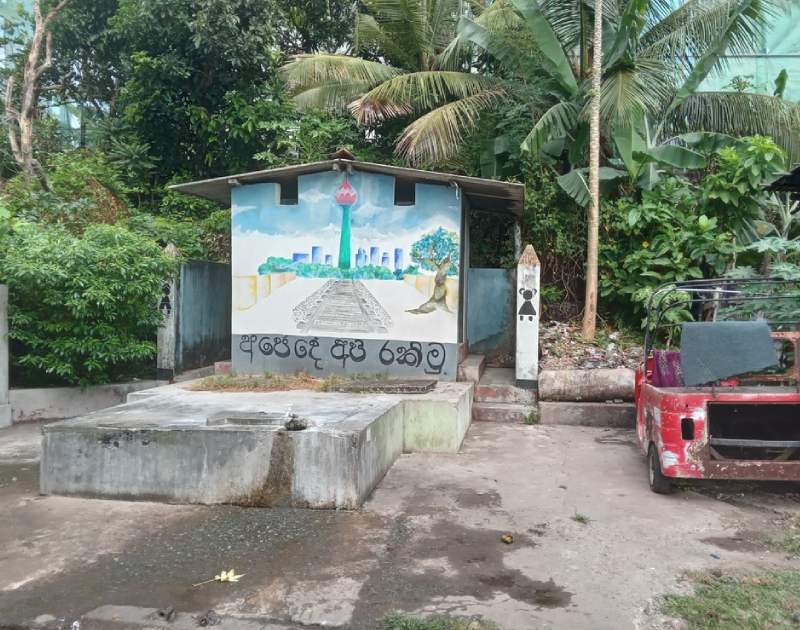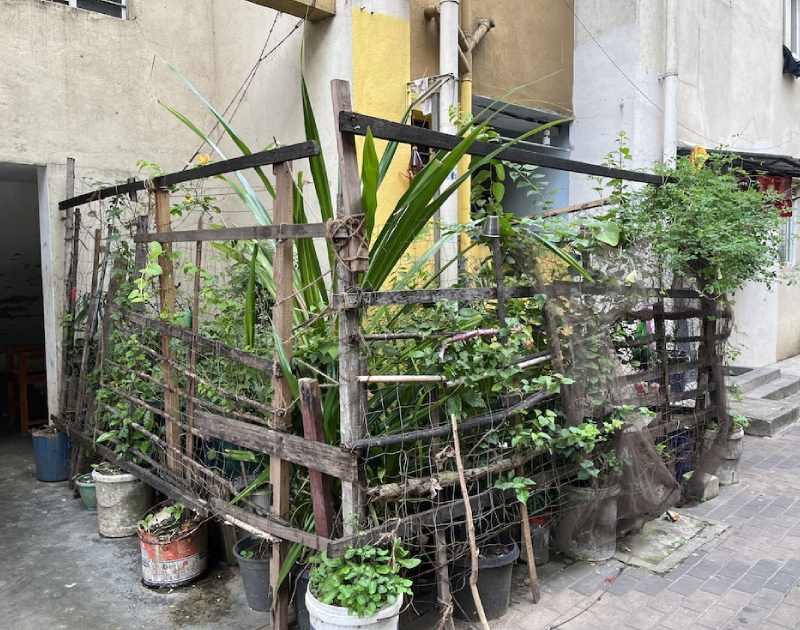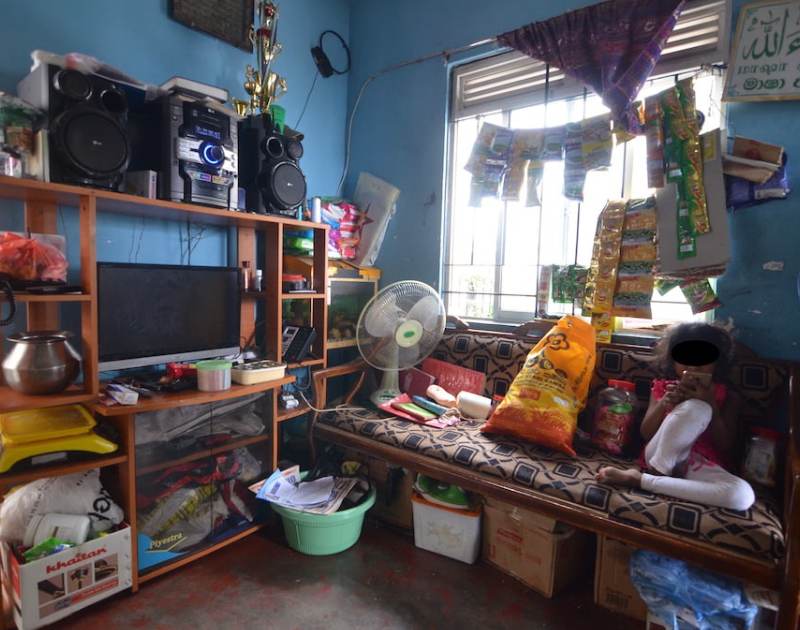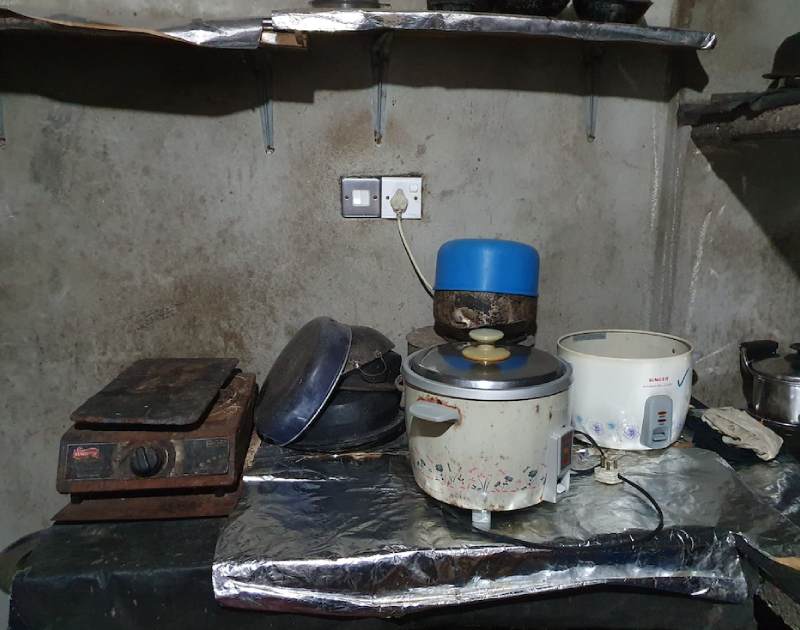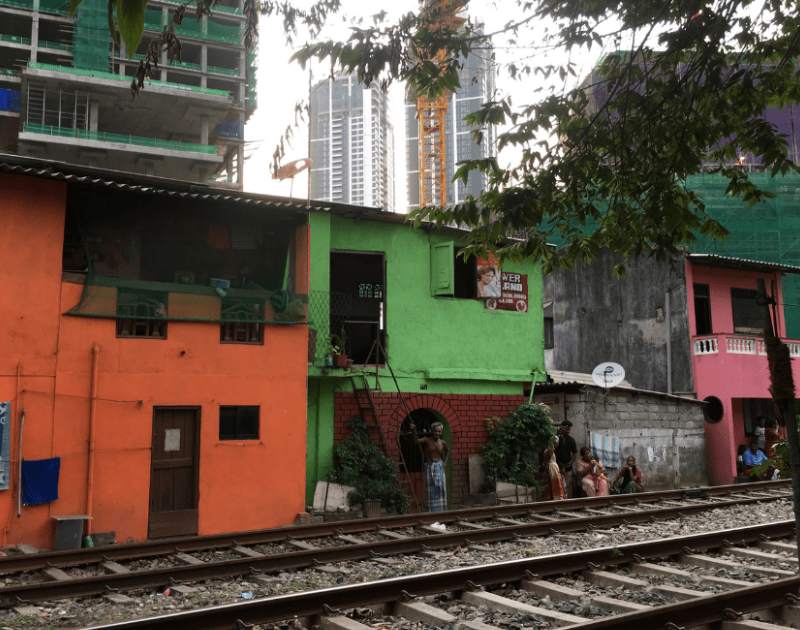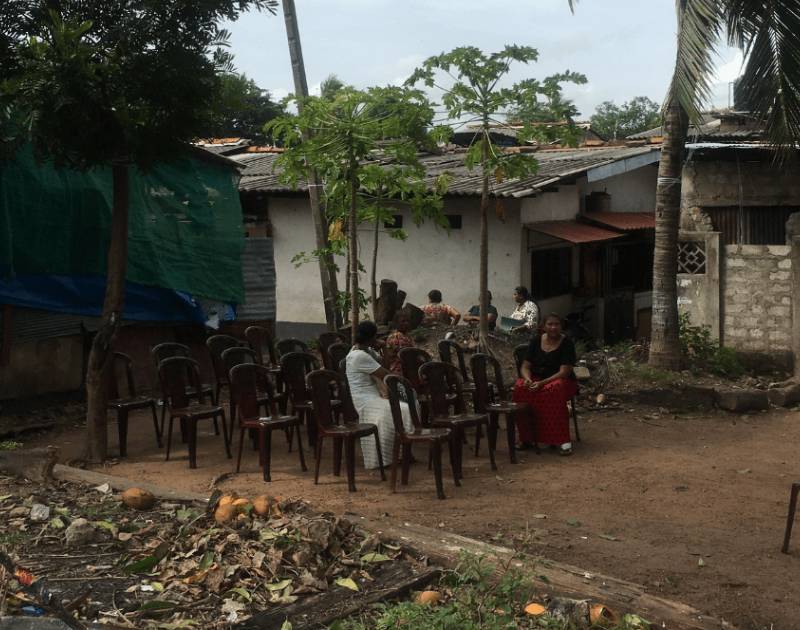OCTOBER 20, 2021
Housing in a Pandemic: Need for New Methods of Engagement
The COVID pandemic has highlighted the importance of safe environments and the rights of everyone, including access to trees, gardens, and children's playtime. Advocacy must use data and intersections to make points clear, even in court, and translate intangible aspects into comprehensible language for policymakers.
READ MORE


